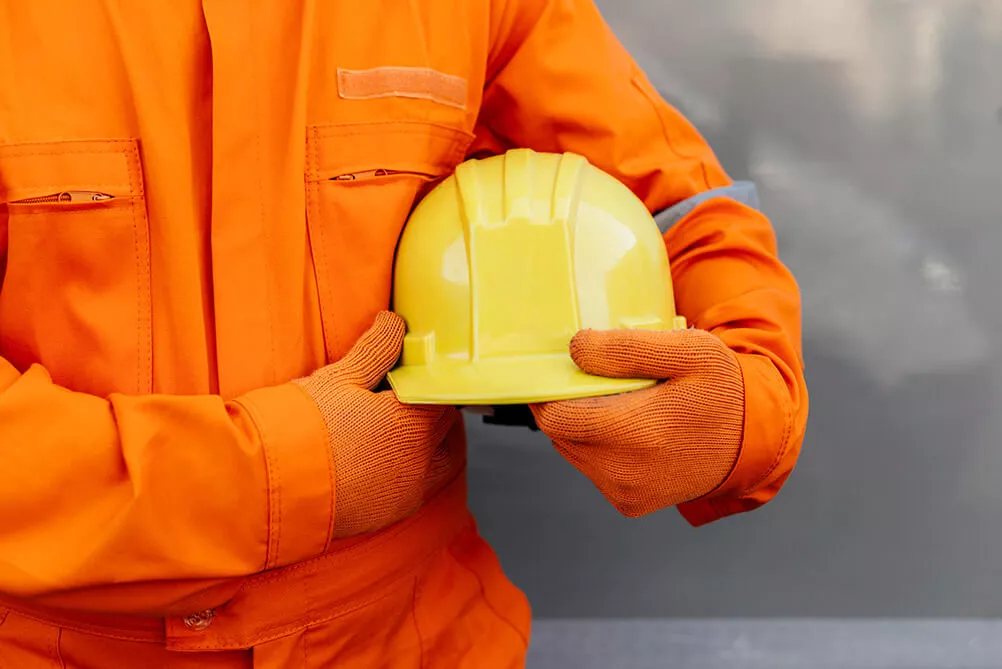Health and Safety- A Foundational Principle
In recent times, Saudi Arabia has embarked on an ambitious journey towards achieving a transformative framework outlined in its Vision 2030 plan. One pivotal element of this change pertains to the advancement of safety and health standards in the construction sector, alongside proactive mitigation strategies.
The construction industry holds a critical role in Saudi Arabia's infrastructure development — a key pillar of Vision 2030. This makes the inherent risks associated with the industry, which can often compromise health and safety, a subject of profound concern. The solution? It lies in a strategic blend of policy changes, procedural improvements, and an evolved vigilance.
The construction sector has shaped Saudi Arabia's skyline with towering marvels, transforming the Kingdom into an architectural spectacle. This growth, although impressive, has previously unearthed issues regarding employee safety and health. BEC Arabia has sought to address these issues by imposing strict construction codes and standards.
Ground-Up Advancements
Safety regulations and laws have been reinforced, making the construction field safer than ever. The inflow of foreign labor was observed to result in some safety concerns due to language barriers and discrepancies in skill levels. To overcome this obstacle BEC Arabia made health and safety training mandatory, ensuring that all workers are equipped with essential safety knowledge before they enter the work field.
BEC Arabia has worked towards enhancing productivity by implementing proper health and safety measures which can lead to a decrease in accidents and injuries. This, in turn, improves productivity as workers' health and well-being are prioritized, reducing absenteeism, and promoting a safer work environment.
Attracting foreign investments: By prioritizing health and safety in construction, Saudi Arabia can create a safer and more secure environment for foreign investors and enterprises. In business, risk management is critical, and by demonstrating a strong commitment to health and safety, the county becomes a potentially favorable location for overseas companies. The inclusion of rigorous health and safety measures further strengthens Saudi Arabia's positioning in the global market, heralding its commitment to ensuring the welfare of its workforce.
Partnership With Technology: The reliance on technology to promote safety and health per standards cannot be overlooked. With technologies like wearables that monitor a worker's physical health to drones that can survey hazardous construction areas, Saudi Arabia’s construction initiatives are harnessing the power of technology to amplify safety measures. Even more, virtual reality is being used for interactive safety training, providing a risk-free environment for workers to learn how to respond to dangers on the worksite.
Policy Changes: Change stems from acknowledging existing problems and working to overcome them. In this line, Saudi Arabia has revised industrial laws, stipulating stricter punitive measures for construction companies that overlook safety guidelines. These stringent legal frameworks serve not only to protect but to hold entities accountable, thereby fostering a culture of safety and responsibility across the industry.
BEC Arabia and other companies need to continue these efforts to meet the industry demanding higher standards. Health and safety in the construction sector is not only crucial for workers' well-being but also instrumental in shaping a prosperous future for Saudi Arabia as it advances toward its Vision 2030 goals. With a focus on safety, enhancements in technology, and a meticulous implementation of policies and regulations, Saudi Arabia stands poised to set a global example in health and safety standards.



